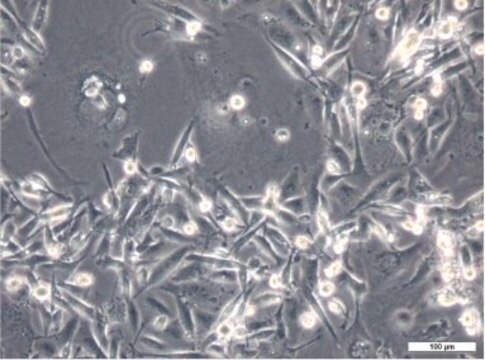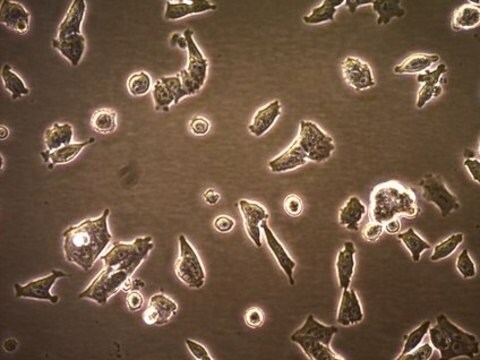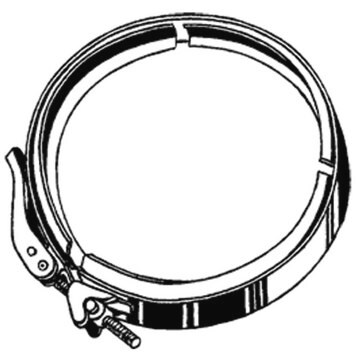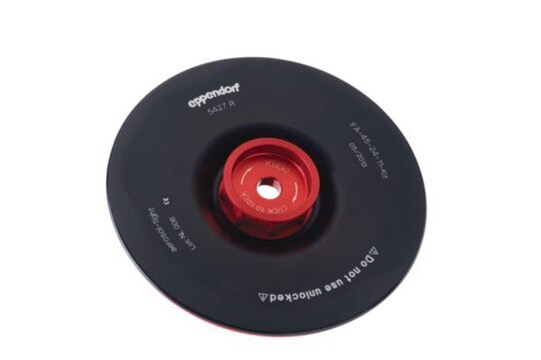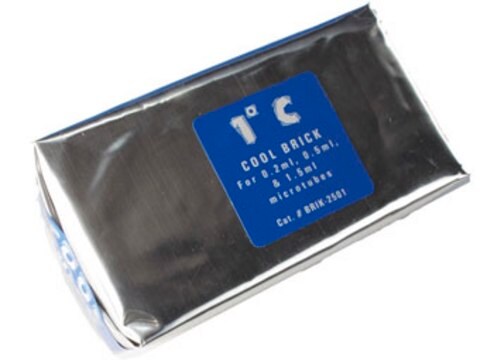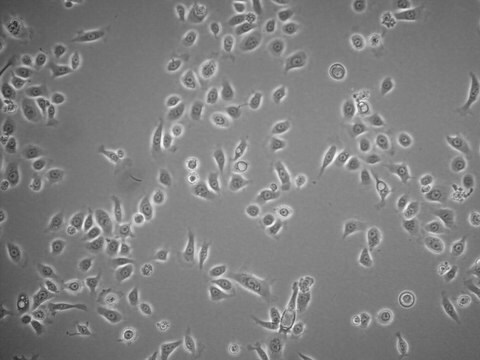10112301
P4E6 cell line
human prostate, Epithelial
About This Item
Produits recommandés
product name
P4E6 cell line,
Source biologique
human prostate
Mode de croissance
Not specified
Caryotype
Not specified
Morphologie
Epithelial
Produits
Stains positive for pancytokeratin, cytokeratin 8, vimentin (weak) and chromogranin A. Prostate markers expressed include prostate specific antigen (PSA) prostate specific membrane antigen (PSMA), negative for expression of androgen receptor (AR).
Récepteurs
Not specified
Technique(s)
cell culture | mammalian: suitable
Maladie(s) pertinente(s)
cancer
Conditions d'expédition
dry ice
Température de stockage
−196°C
Origine de la lignée cellulaire
Profil d'ADN
Amelogenin: X
CSF1PO: 12
D13S317: 11
D16S539: 11
D5S818: 12
D7S820: 7,8
THO1: 7,9.3
TPOX: 8
vWA: 17,19
Milieu de culture
Procédure de repiquage
Autres remarques
Clause de non-responsabilité
Code de la classe de stockage
10 - Combustible liquids
Classe de danger pour l'eau (WGK)
WGK 3
Point d'éclair (°F)
Not applicable
Point d'éclair (°C)
Not applicable
Certificats d'analyse (COA)
Recherchez un Certificats d'analyse (COA) en saisissant le numéro de lot du produit. Les numéros de lot figurent sur l'étiquette du produit après les mots "Lot" ou "Batch".
Déjà en possession de ce produit ?
Retrouvez la documentation relative aux produits que vous avez récemment achetés dans la Bibliothèque de documents.
Notre équipe de scientifiques dispose d'une expérience dans tous les secteurs de la recherche, notamment en sciences de la vie, science des matériaux, synthèse chimique, chromatographie, analyse et dans de nombreux autres domaines..
Contacter notre Service technique